Olympic swimmers voiced concerns over the Chinese doping scandal as the Paris Olympics concluded on Sunday night.
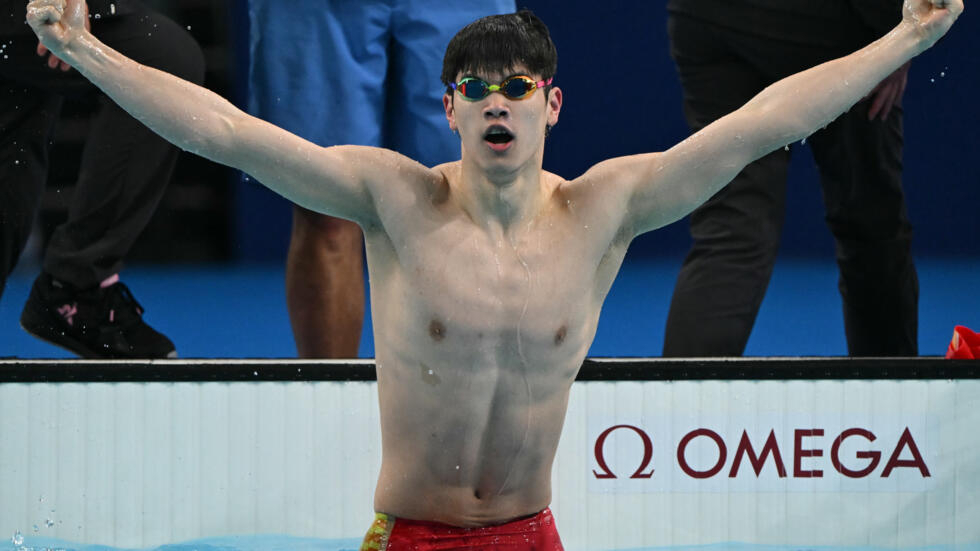
China’s Medley Relay Victory and Doping Controversy: An In-Depth Look
At the Paris Olympics, China’s men’s 4×100-meter medley relay team clinched victory with an impressive time of 3 minutes, 27.46 seconds. This performance was celebrated by many as a testament to China’s prowess in swimming. However, the triumph was overshadowed by ongoing controversy related to doping allegations. Notably, two members of the winning team were among a group of 23 Chinese swimmers who had tested positive for banned substances prior to the Tokyo Olympics three years ago.
The doping scandal dates back to before the Tokyo Games, when 23 Chinese swimmers were found to have tested positive for banned substances. The positive tests were linked to a heart medication, and the Chinese authorities conducted an investigation that concluded the contamination came from tainted food. This ruling allowed the athletes to compete in the Tokyo Olympics, but it did not quell the growing concerns about fairness and integrity in the sport. The World Anti-Doping Agency (WADA) supported the decision to clear these swimmers, a move that has continued to spark debate within the international sporting community.
Adam Peaty, a British swimmer and one of the sport’s leading figures, has been vocal about his concerns regarding the integrity of the competition. Peaty’s team finished in fourth place in the men’s 4×100-meter medley relay, just shy of the medal standings. He used his platform to express frustration over the perceived lack of fairness in the sport. “In sport, one of my favorite quotes I’ve seen lately is ‘There’s no point in winning if you don’t win it fair,’” Peaty remarked after the race. His comments underscore a broader sentiment among athletes that the spirit of competition should be upheld through fair play.
Peaty’s frustration is rooted in the belief that repeated doping violations undermine the legitimacy of the sport. “Even if you touch and you know you’re cheating, you’re not winning, right?” he continued. “So, for me, if you’ve been on that and you have been contaminated twice, I think as an honorable person it means you should be out of the sport.” Peaty’s comments highlight a growing call for stricter measures and accountability in the fight against doping.
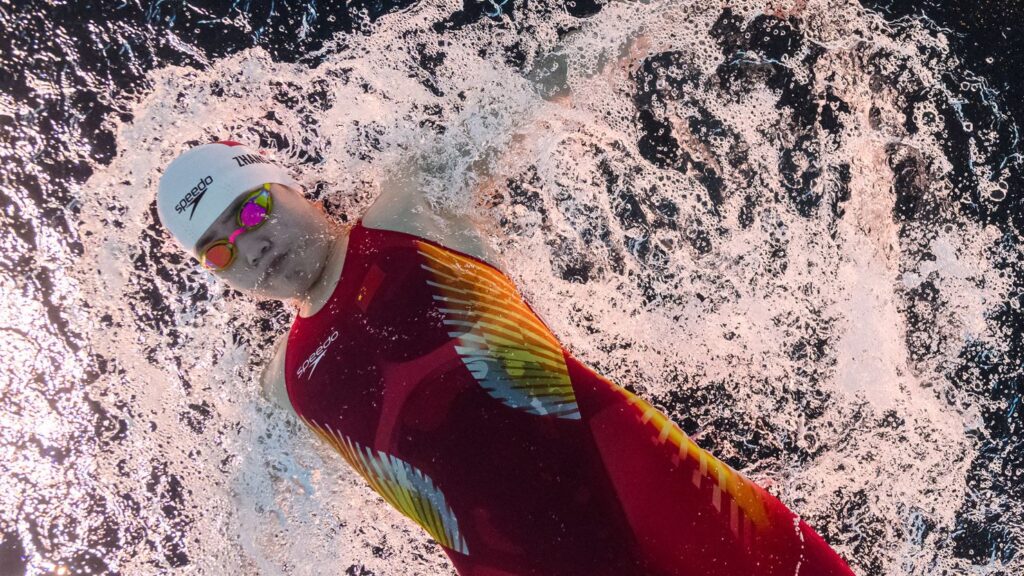
In addition to the issues surrounding the men’s relay team, recent reports have revealed that two more Chinese swimmers tested positive for banned substances in 2022. These athletes, including one who was set to compete in the 2024 Olympics, were also cleared by Chinese officials. This decision has only added to the skepticism and frustration among athletes and observers alike.
The World Anti-Doping Agency (WADA) has defended its stance on clearing the Chinese swimmers, reaffirming its decision in light of the evidence presented. The agency’s position has faced scrutiny from various quarters, particularly from those who believe that the oversight of doping regulations needs to be more rigorous and transparent. American swimmer Caeleb Dressel, when asked about the fairness of the races, acknowledged the constraints faced by athletes in influencing such matters. “I honestly haven’t paid too much attention to it because a lot of that is out of my control,” Dressel said. “I don’t work for WADA, there’s nothing I can do. I’m trying to race really tough, and they were the better team, and it’s as simple as that.”
The controversy surrounding the doping issue has not only affected the athletes but has also sparked a broader debate between international sporting bodies. WADA and the International Olympic Committee (IOC) are engaged in a complex relationship with U.S. anti-doping officials. The FBI is also investigating the Chinese doping case, leveraging a stringent U.S. law that allows American law enforcement to pursue doping violations globally. This international tension adds another layer of complexity to an already fraught situation.
Adam Peaty, who initially refrained from commenting on the issue during the Olympics, has since chosen to voice his disappointment and concerns. He believes that his frustrations reflect a broader problem within the sport and that action is needed to address the perceived inconsistencies and unfair practices. “I don’t want to paint a whole nation or a whole group of people with one brush, I think it’s very unfair,” Peaty said. “But there have been two cases of it and I think it’s very disappointing.” His statement reflects a nuanced view, recognizing that the issue is not about targeting individuals or nations but rather about advocating for a fair and transparent system.
In the women’s 4×100 medley relay, China also achieved notable success, securing the bronze medal. Zhang Yufei, who was part of the team, was another swimmer linked to the doping scandal. Despite rigorous testing procedures, the ongoing doping issues have cast a shadow over the achievements of athletes and raised questions about the effectiveness of current anti-doping measures.
Zhang Yufei, like her male counterparts, faced scrutiny related to doping concerns. She has stated that she and her teammates underwent frequent testing in the months leading up to the Paris Games, a response to the previous scandal involving the 23 Chinese swimmers. The efforts to maintain the integrity of the sport continue to be challenged by the complexity of doping issues and the international response to them.
In conclusion, the doping scandal involving Chinese swimmers has sparked significant debate and criticism within the sporting world. The controversy extends beyond individual performances, touching on broader issues of fairness, integrity, and the effectiveness of anti-doping regulations. As athletes like Adam Peaty and organizations like WADA grapple with these challenges, the need for a transparent and equitable approach to doping in sports remains a critical concern. The Paris Olympics highlighted both the achievements and the ongoing struggles within the world of competitive swimming, setting the stage for future discussions and reforms in the quest for clean sport.
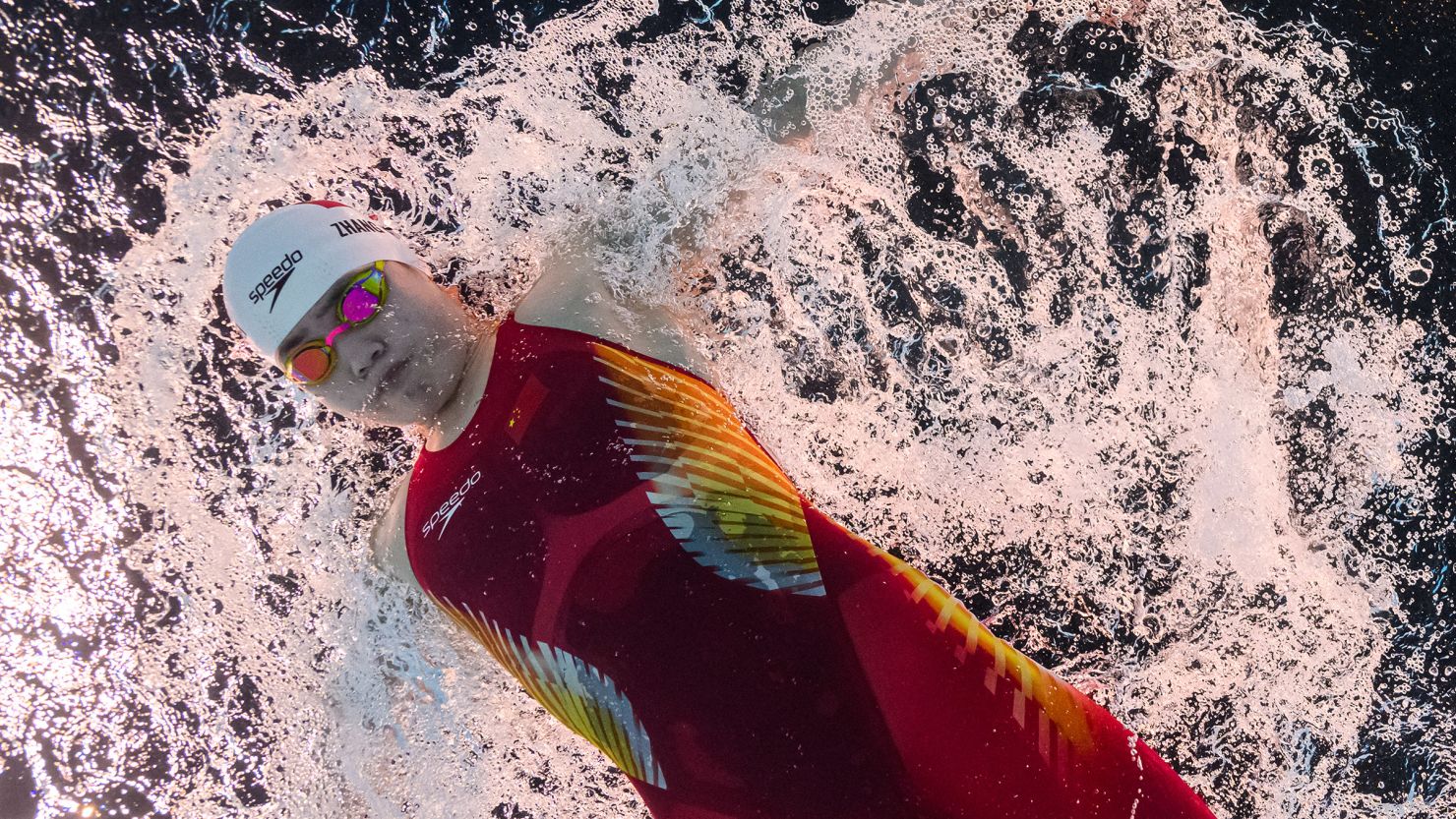




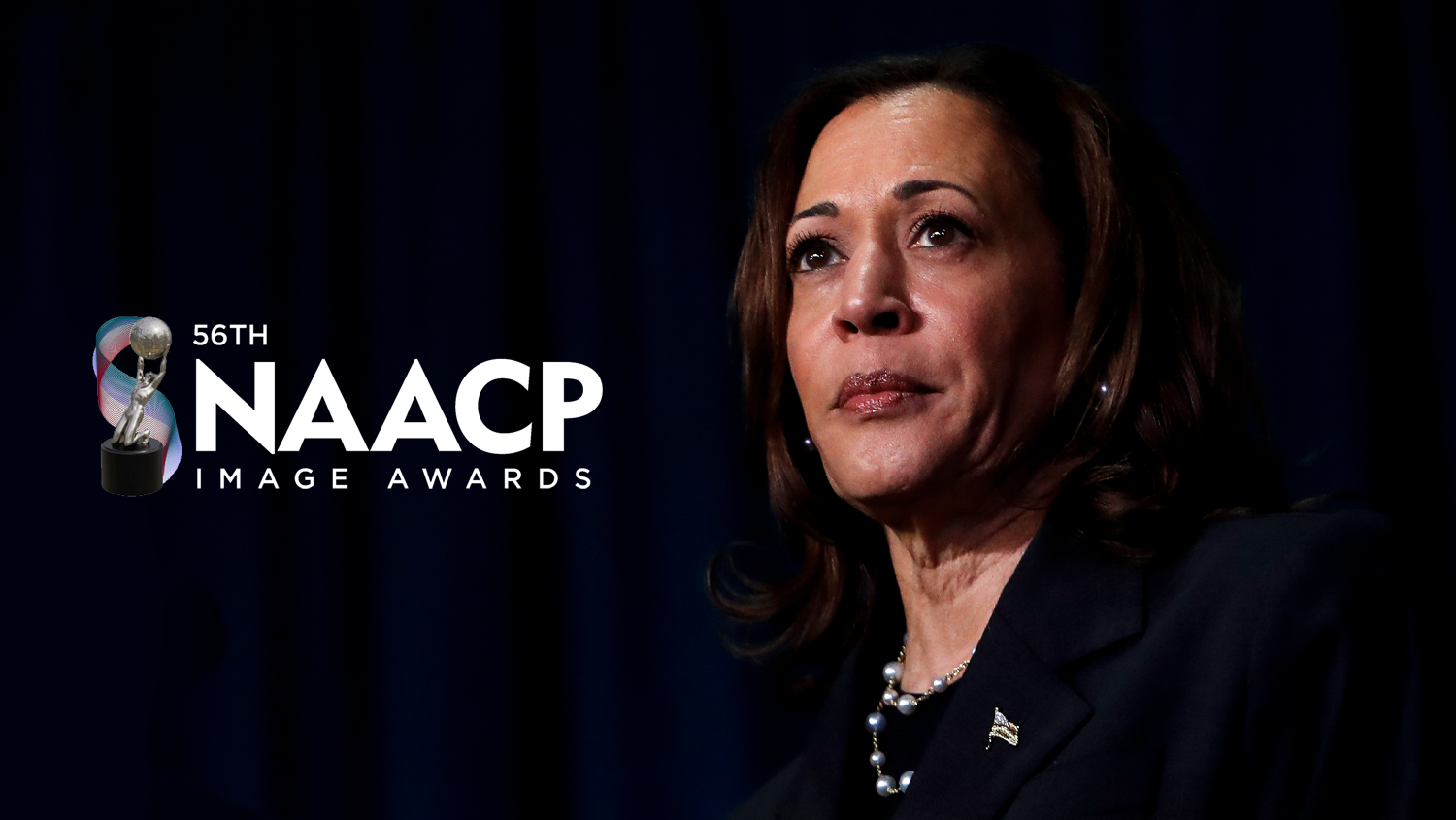
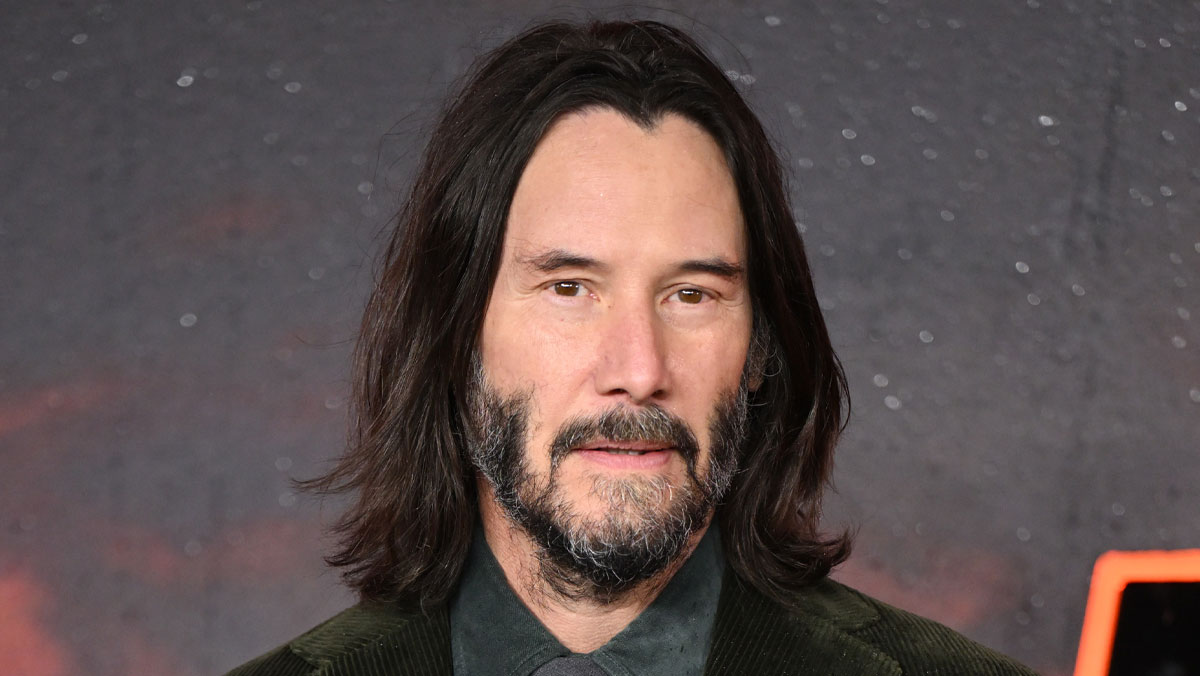
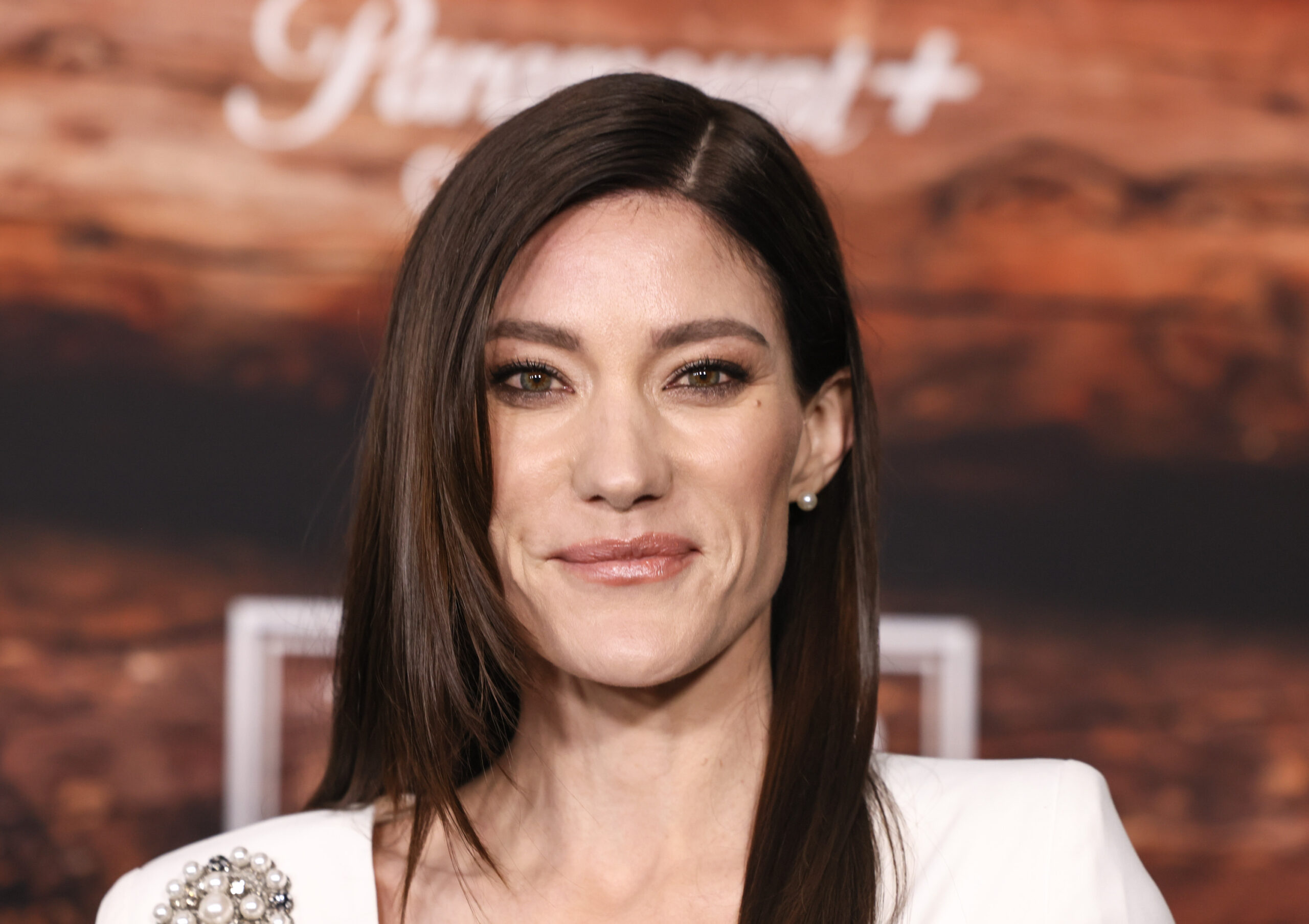



Leave a Reply